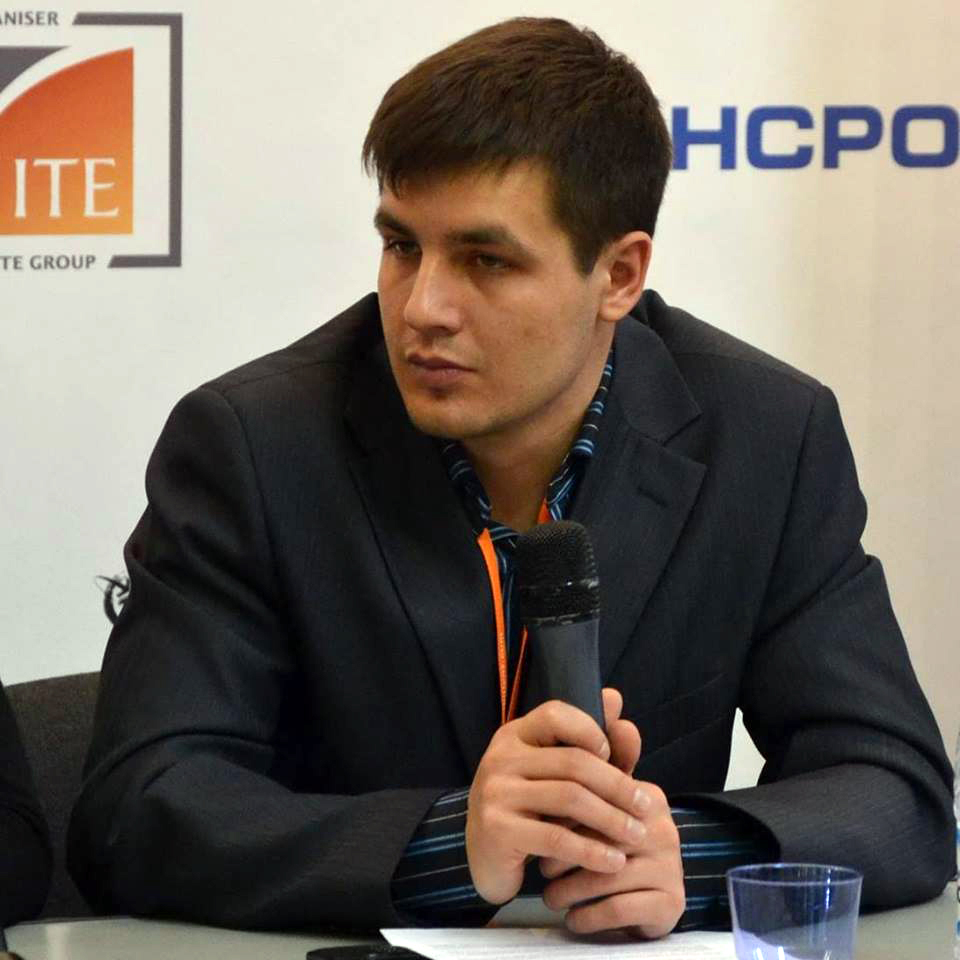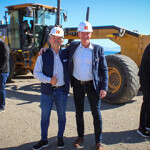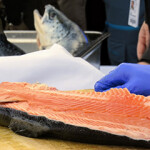Russia working to develop aquaculture in Arctic regions

Russia’s Ministry for Development of the Far East is working out incentive measures to boost aquaculture in the Russian north, claiming it is one of its greatest priorities.
The ministry was created to help bring investments to the Russian Far East, which has been lacking labor and financial resources for years. With positive results achieved through the establishment of a free economic zone and other steps, the ministry’s functions have been extended to the Arctic zone, which Russia sees as ripe for economic growth.
Abundant in natural resources like gas, the Arctic is also a part of the country’s growing national fishery catch.
At a meeting with officials of the Arctic regions, Russian Deputy Minister for Development of the Far East Alexander Krutikov claimed that the ministry is going to pay special attention to aquaculture in the region in 2020. Positive experiences gained from the development of mariculture in the Russian Far East will be used as a model for an incentive framework for the Arctic.
Between 2017-2019, Krutikov added, authorities implemented incentives that made it possible to increase the total square-footage of aquaculture facilities fourfold. Aquaculture production volumes subsequently increased fivefold year-on-year in 2019.
For the last one-and-a-half years, aquaculture businesses acquired 14,600 hectares for potential development, two times more than over the last two decades.
Crucial to the measure’s success is the establishment of an online database which contains all the sites fit for aquaculture in the region. Any investor can use the database to create proposals with detailed descriptions of each site. The base also serves as a facility for conducting electronic auctions for the sites.
However, conditions of setting up an aquaculture operation in Russia's Arctic are very different from those in the Far East, Krutikov said. The system of auctions used successfully in the Far East could work for leasing waters in the Arctic, but it must be modified when applied to land-based sites. Also, Krutikov added, the procedure for distributing sites must be optimized.
Krutikov said the federal government will soon introduce additional support measures to stimulate investments into farming fish in the country's Arctic, including infrastructural improvements in transportation and energy. The proposed measures proposed are likely to be included into a law aimed at supporting business growth in the Arctic, a draft of which is currently making its way through the Russian Parliament.
According to regional representatives, the largest obstacle to taking advantage of the incentives now being offered is the high initial price of sites.
Krutikov said many regions in Russia aren't treating aquaculture as a priority, in contrast to such regions as the Republic of Karelia, Murmanskaya oblast, and Arkhangelskaya oblast, which have used it as an economic development tool.
Photo courtesy of Arseniy Rossikhin/Shutterstock






Share